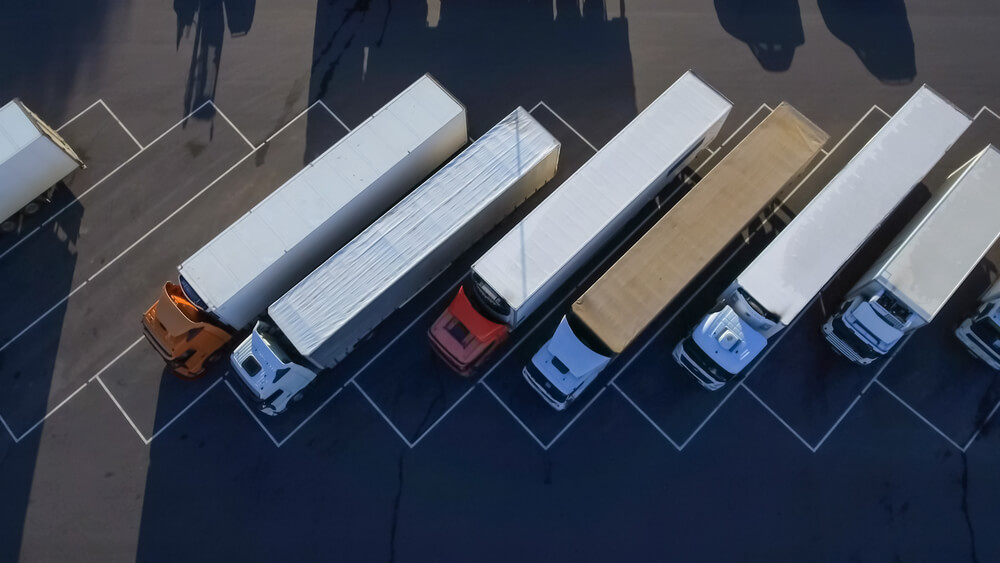
As the UK struggles to overcome a significant shortfall in qualified truckers, other European countries are fast discovering they also need more drivers.
Recent reports indicate the UK requires an additional 100,000 “lorry” drivers, as they are called on the other side of the Atlantic. That figure includes thousands of qualified truckers from the EU who returned following Brexit. A recent survey conducted by the Road Haulage Association indicated that retirement, the pandemic, shifting driver rules, and insufficient salaries contributed to people exiting the trucking industry.
“The free movement of labor is part of the European Union, and we worked very hard to convince the British not to leave the union. They decided different, and I hope they will manage the problems coming from that,” Olaf Scholz, who is expected to become Germany’s next chancellor, reportedly said.
Scholz also pointed to low lorry driver pays and unfavorable working conditions as reasons for the labor shortage. Drivers in the EU reportedly earn an average of nearly $7,000 US more than their UK counterparts. Exacerbating the UK trucker shortage, the island nation relies more heavily on imports and exports to buoy its economy than many others.
Before the pandemic disrupted global supply chains in 2019, imports and exports represented reportedly 63 percent of the UK’s GDP, according to the World Bank. By comparison, countries such as Australia (46 percent), Japan (35 percent), and the U.S. (24 percent) appear less reliant on the transportation required for high percentages of imports and exports. Despite supply chains being less fragile, the U.S. struggles to offload cargo ships and deliver goods and materials efficiently due to a need for upwards of 61,000 additional truckers. But what may spell bad news for UK consumers is the quick rising need for more drivers in the EU.
“We’re not in as dramatic and desperate situation yet, but it might come,” Federal Association for Freight Forwarding and Logistics Germany director Frank Huster reportedly said of the growing driver shortage. “The logistics sector lacks qualified personnel such as lorry drivers but also trained locomotive drivers, inland navigation workers, terminal workers, as well as management people. We have less and less people to work in Western markets.”
The most recent data available was tabulated in 2020 and indicates the EU faces a total driver shortage that exceeds 400,000. Poland appears to have a driver shortfall of more than 123,000. However, those numbers may prove outdated as the UK’s lorry driver needs increased by upwards of 30,000 since the 2020 count. One of the significant issues that consumers sometimes overlook is the fact that truck drivers deliver automobile and heating fuel. The lack of drivers recently prompted UK leaders to enlist members of the military to keep fuel supply chains open.
“The fuel crisis seems to be caused not by a lack of petrol or diesel but by a shortfall of heavy goods vehicle drivers relative to the very high demand for transporting goods,” economist Kallum Pickering reportedly said. “The shortage of drivers is not just a U.K. problem. The U.S. and other major European economies also face structural shortages, albeit on a smaller scale as they do not suffer from the U.K.’s unique Brexit disruptions.”
Countries such as the U.S. and UK have already begun outreach efforts to attract qualified truck drivers from other countries. That competition could soon extend to EU nations as well.
Sources: cnbc.com, fortune.com











Leave a Comment